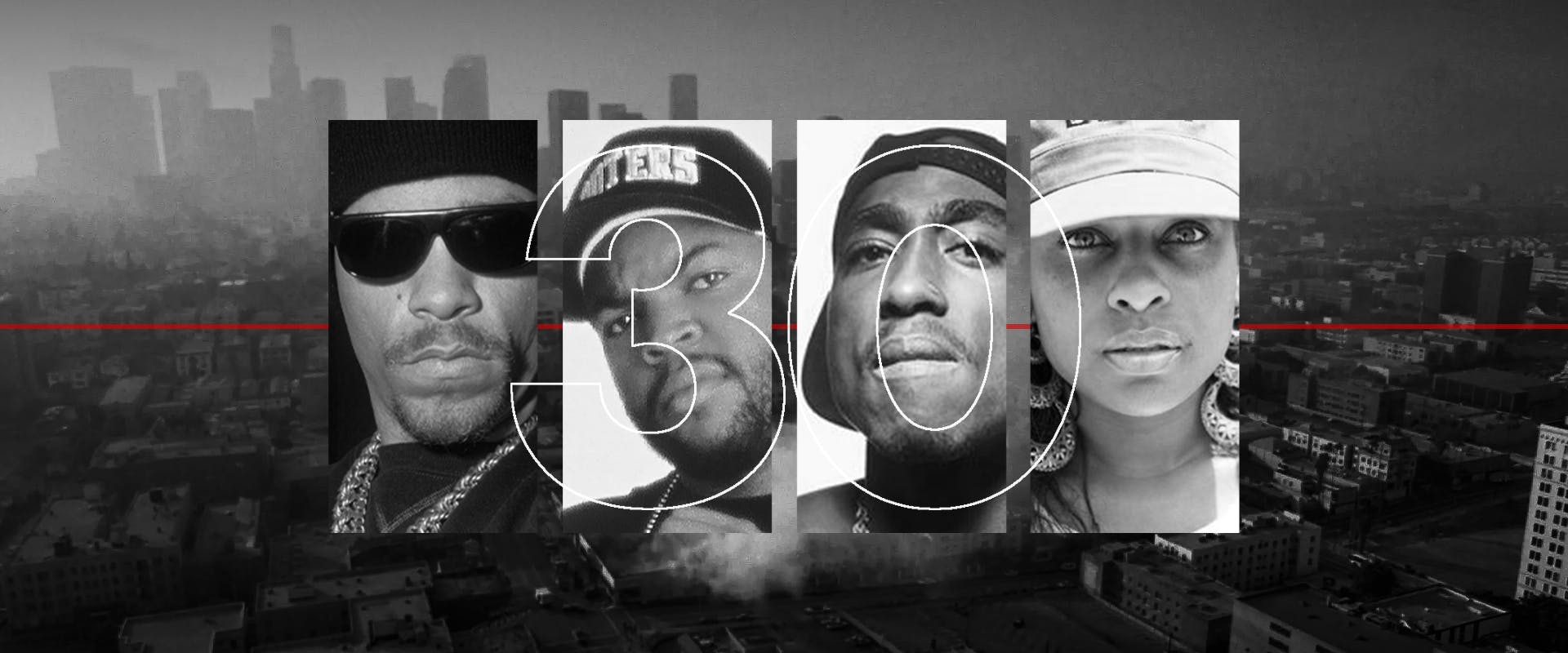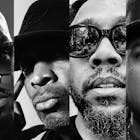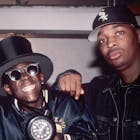
social commentary
Uprising: Re-Examining The L.A. Riots
Uprising: Re-Examining The L.A. Riots
Published Mon, May 2, 2022 at 12:00 PM EDT

I hate to say 'I told you so.' But I TOLD YOU SO. So I was feeling beautiful—to see all of the unity. But then again, I was feeling nervous because I know that America is not going to let the riots go on long. And I was worried that we was gonna lose a lot of people."
- 2PAC

Just as the aftermath of the Los Angeles riots is “the story that won’t go way,” the furor over Ice-T’s now infamous “Cop Killer” song appears to be the media issue that won’t retire. Scores of salvos have been fired, some of the latest being by Oliver North and by California Atty. Gen. Daniel E. Lungren..."
- MARTIN KENT, The L.A. Times ("Enough Already--It’s Time to Chill Out Over Ice-T," 1992)

This is a time for America to look at how they look at minorities. You live and you die by stereotypes. You live and die by ignorance."
- 2PAC

I clung to Maxine Waters when she and I became friends. People in leadership around me in California, I cling to that. So that I can be a part of the number when people are making decisions. I’m a person who’s speaking for my community. But I'd never heard my Dad cry.""
- YO-YO






